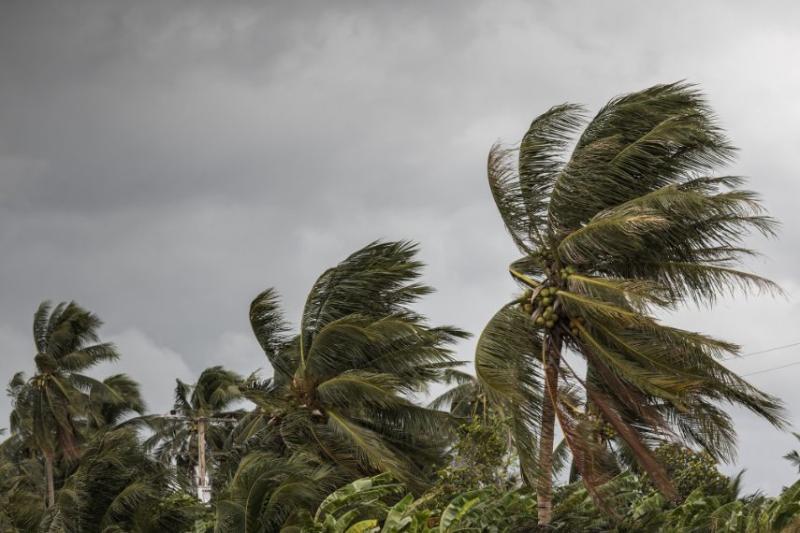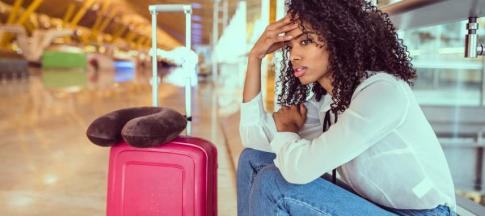
A natural disaster can seriously disrupt your travel plans, whether it’s through delays and cancellations or if you’re put in harm’s way yourself.
Below, we explain what counts as a natural disaster, what’s covered by your travel insurance policy and what’s not.
How travel insurers define a natural disaster
We refer to natural disasters as ‘catastrophes’ in our policy books.
In the insurance world, they’re classified as events that:
- were completely unexpected
- happened due to natural causes
- couldn't have been prevented
Some of the events that fall under this category are:
- fires
- storms and lightning
- avalanches and landslides
- explosions
- hurricanes
- earthquakes
- volcanic activity, including ash cloud
- floods, tidal waves and tsunamis
- medical epidemics or pandemics
Does travel insurance cover natural disasters?
It depends on the level of cover you choose.
Our lowest cover level doesn’t offer cover for catastrophes as standard, but our Gold and Platinum cover both include cover for costs caused by delays or disruption because of a natural disaster. That might include things like the cost of accommodation or flights.
Cancellation cover is only included if the Foreign, Commonwealth and Development Office (FCDO) change their advice to warn against all but essential travel to your destination before you leave.
What's not covered?
Predicted natural disasters or ‘anticipated events’ aren’t covered.
For example, a forecasted volcano eruption reported by weather officials before you leave for your trip, booked your holiday or travelled there.
We also won’t cover you if the local or national authorities have said it’s safe to travel to or stay at your destination.
How do I know it’s safe to travel?
Look at the FCDO website for regular updates and warnings on where is safe to travel. You can subscribe to get email alerts about your chosen destination.
Our travel insurance policies won’t cover any trips where the FCDO has advised against travelling to.
Your airline should also tell you if your flight is cancelled because of a natural disaster event.
What to do if your accommodation is uninhabitable
Firstly and most importantly, get yourself to safety and follow the advice from local or national authorities.
Next, contact and seek compensation from your accommodation provider directly.
Your travel insurer will cover the costs if you’re forced to leave early, up to your policy limits, or the cost of alternative accommodation if you couldn’t reach your destination because of a natural disaster.
What to do if you’re stranded abroad
If your flight or other transport out of the area has been cancelled, speak to the providers directly to see what rearrangements or refunds they offer.
Your airline must offer food and drink if there’s a delay before they can get you a replacement flight. This depends on how far you’re travelling:
| Flight distance | Delay time |
|---|---|
| Less than 1,500km | 2 hours |
| Between 1,500km and 3,500km | 3 hours |
| More than 3,500km | 4 hours |
As long as you’re travelling to or from a UK airport, they have to also provide accommodation if you’re delayed overnight.
If your airline can’t fly you home and you can’t find a flight with another airline, there could be chartered flights organised by the UK government to help UK citizens get home safely. This is known as repatriation.
Check the FCDO website to find this information or contact the British Embassy in your location.
Most insurers will extend your cover if you’re stuck abroad because of a natural disaster.


